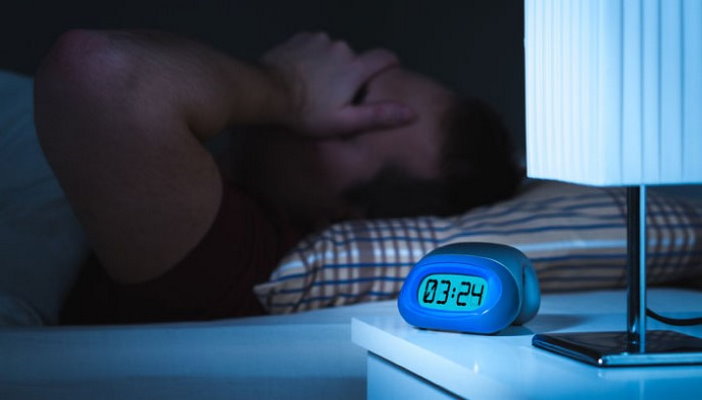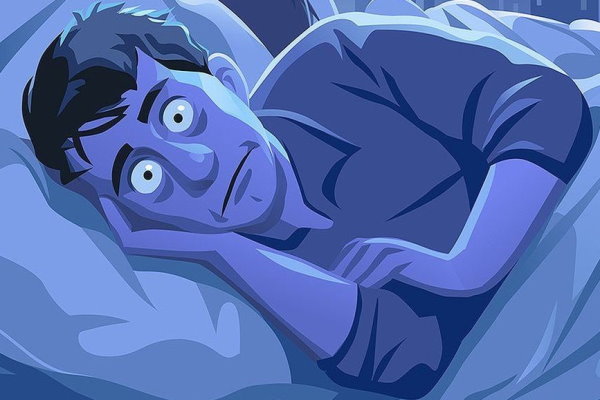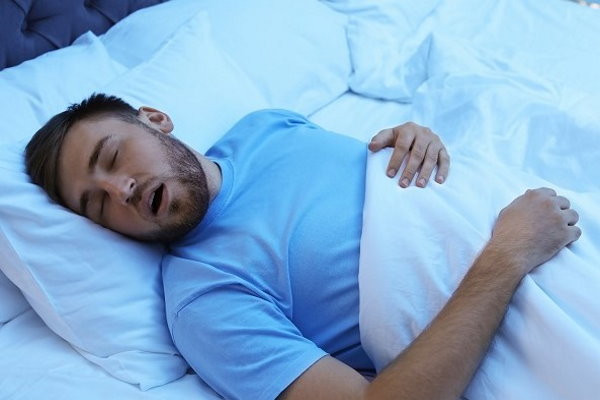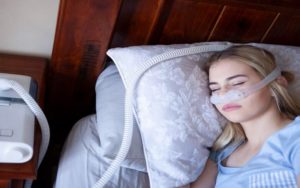Good quality sleep is one of the foundations of your overall well-being. You need an adequate number of hours of quality sleep at night to allow your body to replenish itself. When sleep quality is compromised, you also limit your body’s ability to function to its fullest potential. Sleep apnea and insomnia are two common conditions that negatively impact sleep quality. They can be interchanged or lumped as one. However, these are two different sleeping disorders that require different approaches to treatment.
Take time to understand the difference between insomnia and sleep apnea so you can get a good night’s sleep.
What is Insomnia?
Insomnia is a broad term that generally means someone has difficulty falling or staying asleep at night. Someone can have short-term bouts of insomnia, wherein they have trouble sleeping for a few nights or weeks. Meanwhile, there could also be chronic bouts, affecting someone for several months or years.
Short-term insomnia is caused by external factors such as stress (from your daily activities at work or school) or a change in your schedule (such as when you move to a new city with a different time zone). Long-term insomnia is linked to psychological problems. This is harder to diagnose because it is not associated with physical symptoms.
How do you know if you have insomnia? Here are some of the common symptoms:
- Chronic fatigue (due to lack of sleep)
- Feeling sleepy during the day
- Irritability
- Moodiness
- Lapses in memory
- Poor performance at work or school
The chronic lack of sleep from insomnia could put someone at risk of various health complications. It could also worsen an existing health condition, such as obesity, hypertension, heart disease, asthma, heart arrhythmia, and mental issues like depression.
What is Sleep Apnea?
Sleep apnea is a type of sleep disorder that affects your breathing patterns. Obstructive sleep apnea (OSA) is the most commonly diagnosed. A blockage in the airways disrupts your breathing pattern during sleep. Therefore, it is accompanied by symptoms like snoring, gasping for air, and morning headaches.
Sleep apnea is a form of comorbidity, which isn’t surprising as anyone with insomnia, obesity, diabetes, and other conditions can also develop. The connection with other diseases makes it challenging to diagnose and treat.
Like insomnia, patients with sleep apnea have to deal with the effects of a lack of quality sleep. Here are some of the symptoms of sleep apnea:
- Daytime sleepiness
- Memory loss
- Irritability
- Morning headaches
- Fatigue
Many treatments are available for sleep apnea, such as using a CPAP machine and other oral devices. The possibility of developing into a life-threatening condition requires that sleep apnea should not be ignored and be given proper medical attention.
Insomnia vs. Sleep Apnea: What Are the Differences?
It is essential to clearly define each of these conditions to fully understand the confusion. While they are often interchanged or mistaken as the same, they are not. While the symptoms are closely related, the critical differences between insomnia and apnea are discussed below.
- Cause
The main distinction between insomnia and sleep apnea is the cause. The cause of obstructive sleep apnea (the most common type) is a blockage in the airflow that results in temporary or total loss of breathing while asleep. When this happens, the nervous system will wake the patient up so they can take a breath. This could explain why you might gasp for air when you wake up.
On the other hand, the cause of insomnia is much harder to pinpoint. It can be due to hormonal or mental factors such as anxiety, stress, or depression. Other factors like alcohol, caffeine, and nicotine can also cause insomnia.
- Symptom vs. Condition
Another critical difference between insomnia and apnea is that the former is a symptom of the latter. Sleep apnea sufferers develop insomnia because of their condition. However, insomnia does not cause sleep apnea.
It is also worth noting that sleep doctors often test patients with insomnia for sleep apnea. The insomniac episodes might indicate that you have a more serious sleep disorder.
- Treatment
The treatment for sleep apnea and insomnia varies because of the differences in the cause. CPAP therapy is the most popular treatment option for sleep apnea patients. This device assists in sending pressurized air into your airway to ensure that there is no blockage during sleep. The CPAP machine can also relieve insomnia since sleep apnea patients using this therapy no longer wake up multiple times during the night.
However, CPAP therapy won’t treat insomnia if the cause is not due to a blockage in the airway. This is true if insomnia is caused by a psychological problem like stress, anxiety, or depression instead of a physiological one.
Make sure to discuss with your doctor possible treatment options for insomnia based on the cause and symptoms. The most common treatment for insomnia is sleep medication. Relaxation techniques such as yoga, meditation, and breathing exercises are also known to help improve sleep quality. Other advanced treatment options for more severe cases of insomnia include light therapy and stimulus control therapy.
Some doctors would recommend behavioral therapy when trying to address both insomnia and sleep apnea. This form of treatment is most effective in improving CPAP therapy compliance.
The Takeaway
The main difference between the two is that insomnia is a symptom of sleep apnea. Therefore, patients diagnosed with sleep apnea are more likely to suffer from insomnia or inability to sleep. The disruptions in your breathing pattern can wake you up several times during the night and make it difficult to fall back asleep.
You need to consult your doctor if you’re not sure if you are suffering from insomnia or sleep apnea. Better still, you should see a sleep doctor or specialist. These experts can give you the correct diagnosis to help restore your sleep and avoid major health complications.


























